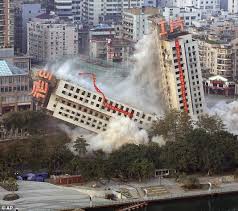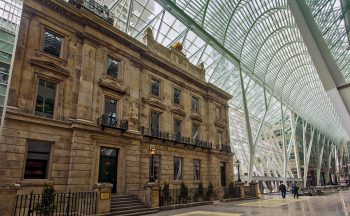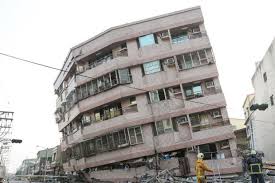 September 2020
September 2020
Condo owners frequently pay fees for repairs that should have been undertaken in prior years.
Buildings having problems with heating, air conditioning, water, balconies, roofs and infrastructure are likely suffering the effects of deferred maintenance decided by prior condo boards.
Communities will often, given the option, defer maintenance and pass this obligation to future owners. Keeping condo fees low today and deferring maintenance to some future time is the way it is done. Future owners have no voice in these decisions and can be unaware of their near-term obligations when purchasing a unit. A reserve fund counters this desire to defer. It goes a long way toward ensuring condo owners pay their fair share of ownership by setting aside funds for inevitable future repair and replacement of common property.
There may be an unrealistic expectation or understanding of the cost of current or future repair needs in a large or high-rise community. Some may prefer not to share in the true costs of ownership and choose to offload some costs to others.
Opposition to maintenance can come from condo owners not immediately affected by specific problems:
- A leaking roof is more likely to affect the ceiling and walls of a higher floor unit. Lower floor owners won’t be directly affected until problems worsen.
- Storm water runoff, sewage backups and pooling water at ground level can affect ground level units before damaging a building foundation or underground levels. If the problem is below ground it may not be possible to see it and more easily hidden.
“Unresolved, problems don’t go away” explains Henry Jansen of Criterium-Jansen Engineers. “They worsen, expand and impact on everyone who resides in or owns a unit in a high-rise building.”
Condo boards may choose to “kick the can down the road” rather than face the wrath of owners upset over higher condo fees or a special assessment. The easier path may be to defer maintenance, possibly for years, to keep fees as low as possible and avoid that special assessment. Rather than fixing problems, they are ignored and avoided until unavoidable. By this time the cost can be higher than if problems had been corrected sooner.
One condo building, LEED certified in a popular downtown area of Toronto, appears to have experienced such a situation.
The building opened in 2013. By 2018, units regularly sold for more than $1 million and monthly rent was about $4,500.
In early 2018 everything still looked shiny and new. Within this showcase building in the heart of the city trouble was brewing.
In the span of about three months four major structural problems became apparent.
1. Low water pressure and lack of hot water in building suites
2. Air conditioning system in hallways and units required major servicing in the middle of summer
3. Garage waterproofing issues needed to be addressed
4. Ventilation problems resulting in high carbon monoxide levels
Such problems should not be evident in a five year old building. The culprit appears to be lack of maintenance.
No explanation regarding these problems was forthcoming. Funds may not have been available for maintenance of building systems, perhaps because of low condo fees. The condo board may have been unaware of the need to maintain building systems. Condominium management may have failed to do their job. Regardless of the reason, someone was not doing what was supposed to be done.
This is what happens when condo boards lack management skills necessary to make difficult decisions. Failure to make prudent decisions, in spite of potential for opposition, can compromise the long-term financial state, safety and health of the community.
Savings arising from a failure to maintain are not savings. “Inadequate condo fees, a common explanation for building maintenance failures, combined with an inexperienced condo board may explain many major system failures” according to Jon Juffs of McIntosh Perry. “Equipment fails prematurely or requires major servicing. Budgets are developed without considering regular maintenance or “surprise” repairs resulting from lack of maintenance making funds unavailable when needed.” Residents unnecessarily struggle when building systems fail or must be temporarily shut down for repairs. Then condo fees are increased or special assessments implemented to return the community to a stable financial situation.
Find Vendors in these Related Categories
- Accounting
- Building Sciences
- Condo Communications
- Condo Management
- Condo Software - Management Software, Electronic Voting and more
- Consultants and Condo Resources
- Contractors - Electrical
- Contractors - General
- Contractors - Mechanical
- Door & Lock Services
- Energy Services - Water
- Engineering Services
- Financial Services
- HVAC
- Legal Services - Condo Law
- Mediation/Arbitration
- Meeting Minutes
- Paving, Concrete and Epoxy Coatings
- Plumbing Services
- Pressure Washing
- Roofing
- Roofing - Green
- Superintendent Services
- Water Proofing & Systems







